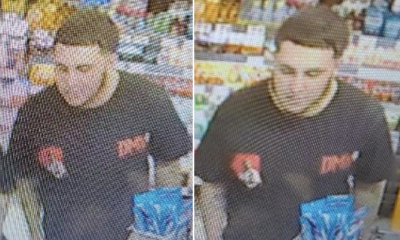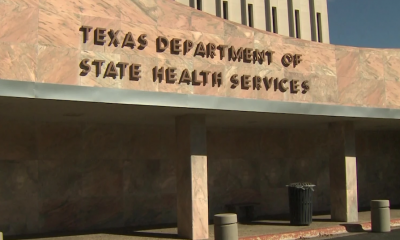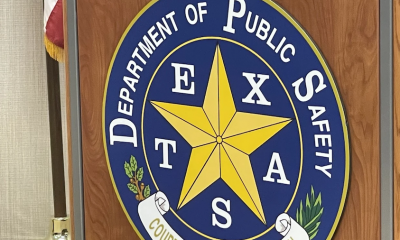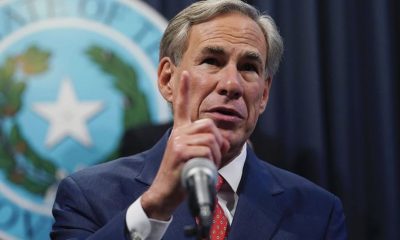TX – Following a roundtable discussion with medical professionals in Houston on Tuesday, Texas Gov. Greg Abbott says the state has been able to “tremendously accelerate” COVID-19 vaccinations through dozens of large-scale vaccination hubs and that nearly 1.4 million Texans have now received the vaccine.
Abbott said Tuesday that Harris County is the model for vaccine distribution in the state, having administered 260,000 doses of vaccine, more than twice the number of vaccines administered in second-ranked Dallas County.
“The number one vaccine provider in Texas is Houston Methodist,” Abbott said, while thanking them for being the example of how swiftly the distribution could be done and for being a model for other providers.
Abbott said last week the state had 28 large-scale vaccine hubs spread out across the state and that this week that number jumped to 78 vaccine hubs. Altogether there will be 260 providers in 122 counties getting allocations this week as other providers continue providing vaccines using prior shipments.
“Because of our scaled-up capabilities of quickly providing these vaccinations, there is only one limitation that we have at this moment and time, that is an inadequate supply of vaccinations and that supply of vaccinations comes only from the federal government,” Abbott said.
The governor said the state expects to receive their largest supply yet of vaccine to date — 333,650 first doses and 509,400 second doses for a total of more than 843,000 doses. That total does not include the allotment sent to long-term care facilities.
Abbott said thus far, the state has shipped 1,725,575 doses to providers in the state and that 78% of them, or 1,358,678, have been administered. Last week Abbott announced the state was the first to administer more than 1 million doses of the COVID-19 vaccine.
Abbott said 177,193 of those doses are second doses and that Texas has administered 81% of first doses and 67% of second doses.
The governor said Texas has provided 487,500 doses of vaccine to Walgreens and CVS who will administer the doses at nursing homes and long-term care centers throughout the state. To date, Abbott said the partners have administered only 124,827 of those doses, or 26%, and that the state in insisting they pick up their pace.
Lastly, Abbott said Dr. Anthony Fauci, director of the National Institute of Allergy and Infectious Diseases, said we should be weeks away, not months, from having additional vaccines on the market — namely the ones being produced by Johnson and Johnson and Astra-Zeneca.
Receiving those additional vaccines, Abbott said, would increase the supply and allow Texas to vaccinate far more people far more rapidly.
A timeline on when those additional vaccines would be available has not been given by the FDA.
The governor said the state expects to receive their largest supply yet of vaccine to date — 333,650 first doses and 509,400 second doses for a total of more than 843,000 doses. That total does not include the allotment sent to long-term care facilities.
Abbott said thus far, the state has shipped 1,725,575 doses to providers in the state and that 78% of them, or 1,358,678, have been administered. Last week Abbott announced the state was the first to administer more than 1 million doses of the COVID-19 vaccine.
Abbott said 177,193 of those doses are second doses and that Texas has administered 81% of first doses and 67% of second doses.
The governor said Texas has provided 487,500 doses of vaccine to Walgreens and CVS who will administer the doses at nursing homes and long-term care centers throughout the state. To date, Abbott said the partners have administered only 124,827 of those doses, or 26%, and that the state in insisting they pick up their pace.
Lastly, Abbott said Dr. Anthony Fauci, director of the National Institute of Allergy and Infectious Diseases, said we should be weeks away, not months, from having additional vaccines on the market — namely the ones being produced by Johnson and Johnson and Astra-Zeneca.
Receiving those additional vaccines, Abbott said, would increase the supply and allow Texas to vaccinate far more people far more rapidly.











